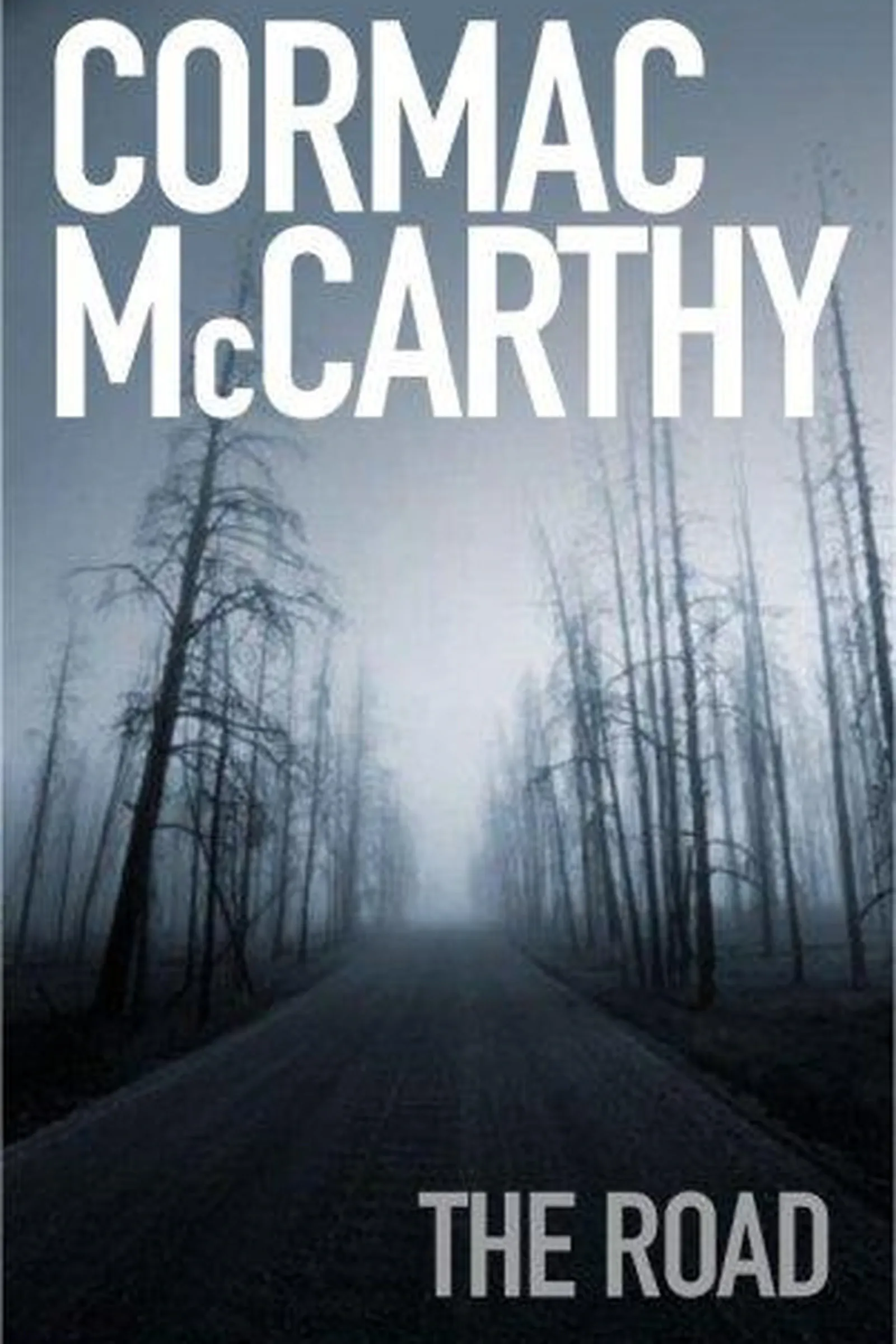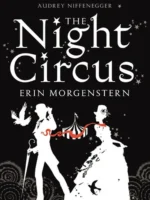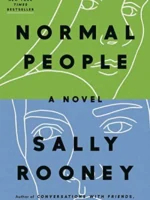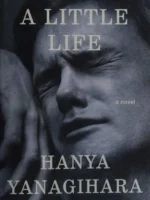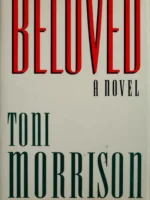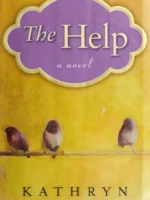The Road, Cormac McCarthy, 2006
- Author: Cormac McCarthy
- Genre: General Fiction
- Publisher: Alfred A. Knopf
- Publication Year: 2006
- Pages: 287
- Format: Paperback
- Language: English
- ISBN: 978-0307387899
- Rating: 3,9 ★★★★☆
The Road Review
About
Published in 2006, Cormac McCarthy’s The Road is a bleak, luminous masterpiece of post-apocalyptic fiction. It tells the story of a father and son traveling through a burned, dying world where civilization has collapsed and morality is ash. McCarthy’s stripped-down language—biblical in rhythm, almost skeletal—turns horror into poetry. Beneath the ash and hunger, it’s a love story: one of the purest ever written about what it means to carry hope when everything else is gone.
Overview
A man and his young son push a cart down a desolate highway, scavenging for food, avoiding roving bands of cannibals, and heading vaguely toward the coast. The plot is minimal, almost meditative. What drives the novel isn’t the journey but the bond between father and child—the small rituals of safety, warmth, and tenderness they preserve in a world stripped of meaning. The prose alternates between brutal realism and haunting lyricism, offering glimpses of beauty amid ruin. Every sentence feels carved, not written.
Summary
(light spoilers) The father, unnamed, is dying slowly; the boy is his purpose and mirror. Together, they move through ashen cities and empty forests, their dialogue spare but aching with love. They find abandoned homes, moments of grace, and constant reminders of human cruelty. The man teaches the boy to “carry the fire”—a metaphor for decency, faith, and the fragile flame of civilization. When the father finally succumbs to illness, the boy continues, found by strangers who promise kindness. The ending is simple but transcendent: even in a dead world, goodness survives through memory and will. McCarthy offers no redemption, only endurance—and somehow, that’s enough.
Key Themes / Main Ideas
• Parental love — the last form of meaning in a meaningless world.
• Morality after collapse — goodness as choice, not inheritance.
• Survival and grace — the human spirit stripped to essentials.
• Faith and fire — belief in something better, unnamed but necessary.
• Language and silence — McCarthy’s prose as both elegy and prayer.
Strengths and Weaknesses
• Strengths — Astonishing prose; emotional precision; the rare apocalypse that feels intimate and sacred.
• Strengths — The relationship between father and son gives philosophical weight to every small act of care.
• Weaknesses — The relentless despair can feel suffocating; the lack of backstory may frustrate readers who crave context.
• Weaknesses — Minimalism leaves no room for secondary characters or relief, but that’s part of its purity.
Reviewed with focus on themes, audience, and takeaways — Cormac McCarthy
| pa_author | Cormac McCarthy |
|---|---|
| ISBN | 978-4-438-44863-1 |
| pa_year | 1996 |
| Pages | 352 |
| Language | English |

